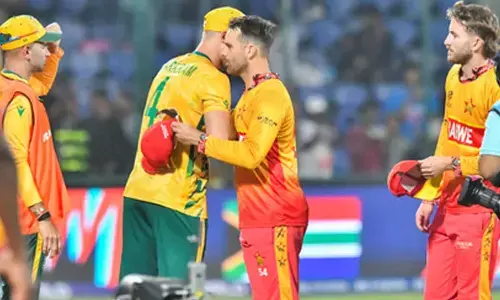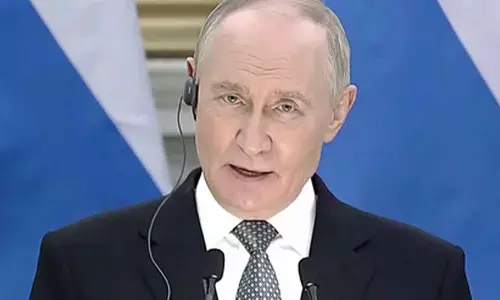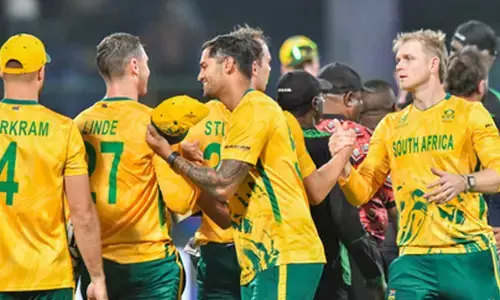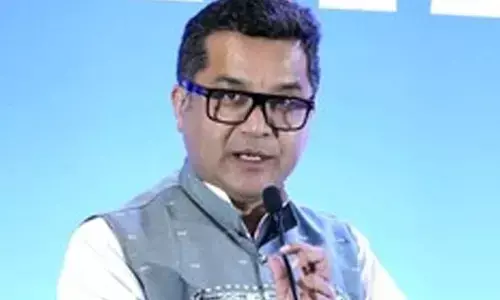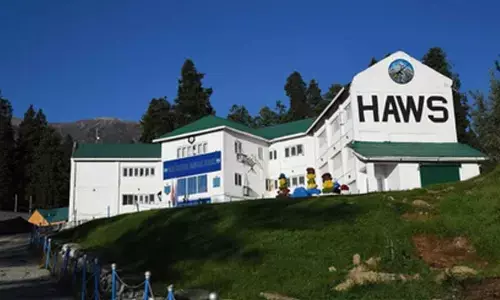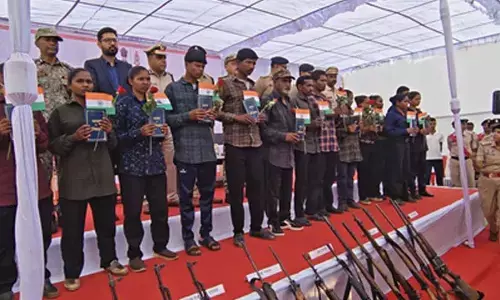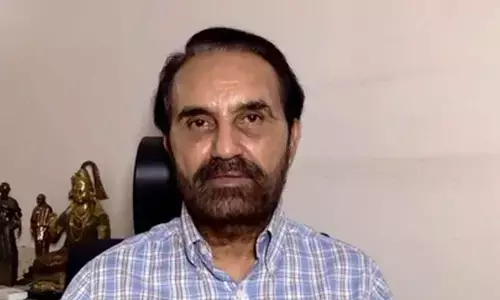'Nyay' scheme poses fiscal challenge: Panagariya
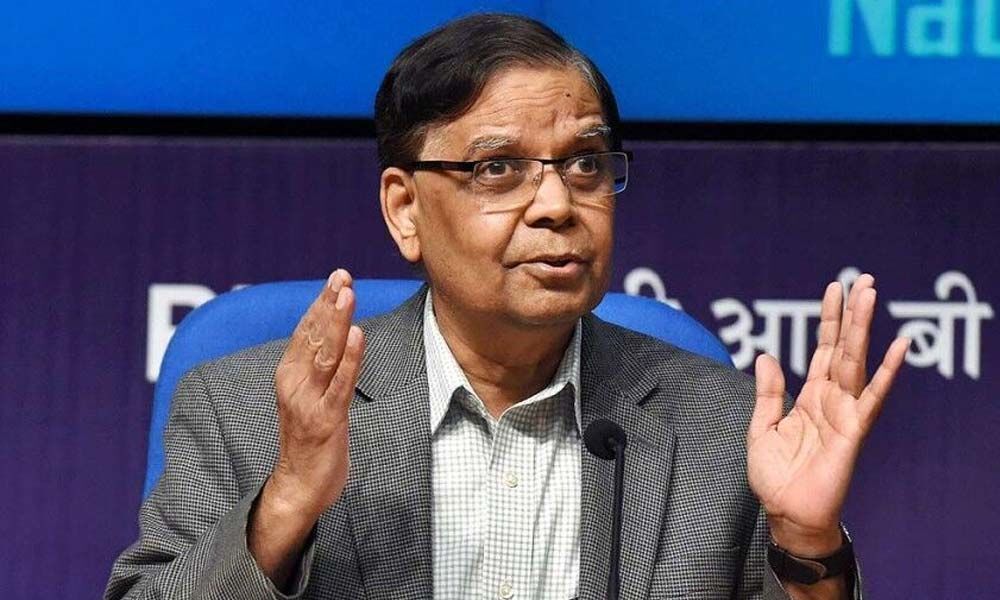
'Nyay' is difficult to implement and unlikely to achieve its intended objective. It raises three major questions - the incentive compatibility issue, the fairness issue and fiscal challenge – Arvind Panagariya Former NITI Aayog vice-chairman
Washington: Former NITI Aayog vice-chairman Arvind Panagariya has said the implementation of the Congress Party's ambitious 'Nyay' scheme not only poses a "fiscal challenge" to India's economy but also has a "serious incentive problem".
Congress President Rahul Gandhi on Tuesday said that its minimum income guarantee scheme, Nyuntam Aay Yojana (Nyay) assures up to Rs 72,000 a year or Rs 6,000 a month income to 20 per cent of India's poorest families if the party is voted back to power in the Lok Sabha elections next month.
Panagariya, who served as the first vice chairman of NITI Aayog for two years from 2015 to 2017, said that 'Nyay' is difficult to implement and unlikely to achieve its intended objective.
"It raises three major questions - the incentive compatibility issue, the fairness issue and fiscal challenge," Panagariya, an eminent Indian-American economist, said.
But Gandhi said the 'Nyay' scheme has the twin objectives of giving money to the 20 per cent poorest families and remonetising the economy damaged by the demonetisation in 2016. Its aim is two-fold.
First is to guarantee a minimum income to the bottom 20 per cent families. The second is to remonetise the economy that has been demonetised by Prime Minister Narendra Modi.
Former RBI Governor Raghuram Rajan has said the implementation of the scheme is possible, Chidambaram said. "Our calculation shows that it will not cross 2 per cent of the GDP, it will be 1.8 per cent of the GDP at any given point of time," he said.
Commenting on the scheme, Panagariya said the transfer is meant to be Rs 6,000 per month per family to 50 million families and at the same time, it also guarantees an income of Rs 12,000 per month to these families.
"What happens if one family has an income of only Rs 4,000 and another Rs 8,000 per month? Will the former then receive Rs 8,000 and the latter Rs 4,000 per month?
If so, why should anyone with income below 12,000 do any work at all since their incomes will be Rs 12,000 regardless of what they earn?" he asked.
Interpreted this way, "there is a serious incentive problem with the scheme", Panagariya asserted. "If the scheme is meant to transfer flat Rs 6,000 per month to identified families regardless of the family's earned income, you cannot deliver Rs 12,000 per month to families earning less than Rs 6,000," he asserted.
The programme, as announced by the Congress, guarantees Rs 12,000 per month in income to the poor, which is Rs 144,000 per year, he said, explaining the fairness issue.
Add to it all other in-kind transfers: subsidised food, NREGA wages, free house, free toilet, free education and Rs 500,000 free health insurance coverage. The gross sum will be close to Rs 200,000 per year, Panagariya observed.
"Now think of someone not covered by the scheme and earning Rs 300,000 per year. This family will have to pay Rs 2,500 in taxes (currently covered by a tax credit but in principle taxable). How fair is this to those working? "Moreover, taxpayers are all in urban areas and dole recipients all in rural areas.
Will this not open a serious rural-urban schism? No one questions helping the destitute on the margin but when help is given to give all comforts of life free, those paying for those comforts will become intensely unhappy," he said.


